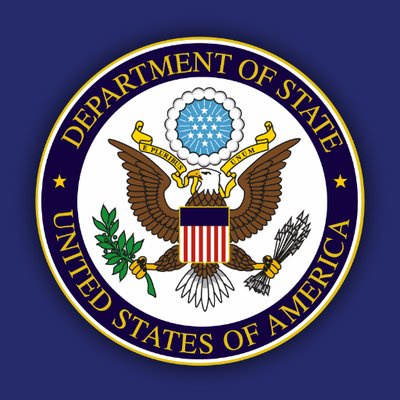USCIS has updated the language on Form I-751 and Form I-829 receipt notices to extend the validity of a Green Card for 48 months for individuals with a newly filed Form I-751 or Form I-829.
USCIS will issue new receipt notices to eligible conditional permanent residents who previously received notices with an extension shorter than 48 months and whose cases are still pending.
These receipt notices can be presented with an expired Green Card as evidence of continued status, while the case remains pending with USCIS. By presenting your updated receipt notice with your expired Green Card, you remain authorized to work and travel for 48 months from the expiration date on the front of your expired Green Card.
As a reminder, conditional permanent residents who plan to be outside of the United States for a year or more should apply for a reentry permit by filing Form I-131, Application for Travel Document, before leaving the United States. For more information, see our International Travel as a Permanent Resident webpage.
Briefly in Russian:
Правильная и своевременная подача формы I-751 с 25 января 2023 будет продлять срок действия условной грин карты на 4 года (48 месяцев) с даты истечения грин карты.
Если вы уже подали вашу петицию, и она все еще на рассмотрении, вы получите письмо продляющее срок действия грин карты.























 RSS Feed
RSS Feed